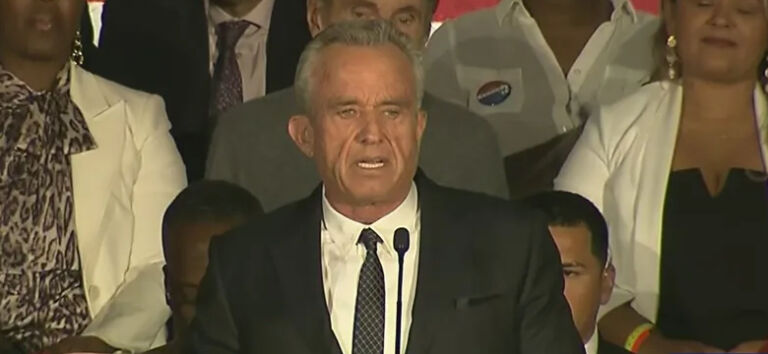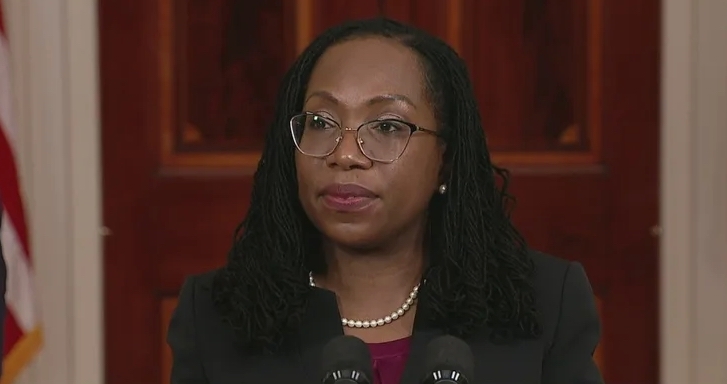Thomas Buckley writes for Issues and Insights about the implications of the “Twitter Files” and related Big Tech scandals.
Incredulity. Astonishment. Disgust. Anger.
It is these feelings – amongst others – that describe the general reaction to the revelations of the Twitter Files and other egregious episodes of Big Tech censorship of the electronic public square.
The implicit deal with companies like Twitter, Facebook, Google, etc., is very simple: we will look at your ads if you give us a service for free. The deal did not include censorship.
But what is society to expect when those doing the censoring seem to see absolutely nothing wrong with it, that it didn’t even occur to them that what they were engaged in – often at the specific request of governmental agencies – was at all a problem?
For a generation that has grown up with speech codes and enforced nicety and automatic deference to the feelings of others and swaddled in bubble wrap against the vagaries of life, censoring speech is not only not an ethical leap it is the right thing to do.
Couple that with a permanent purposeful self-infantilization that makes them defer to (or incoherently rage at for not censoring speech) anyone they perceive to be a grown-up – such as former FBI bigwig James Baker at Twitter – and the stage is not only set, the terrifying end of the play writes itself.
This generation is not necessarily Y, or X, or millennial – it’s a bit of a mix of those aged from about 16 to about 36, numbers that will, sadly, most likely become lower and lower on the low end and higher and higher on the high end as time marches on.
It is a sub-cohort (I thought it best to learn their language) of people who have much in common – first, they have come from the now de rigueur smaller families, hence they do not have the thick skin and personal combat skills that one acquires when one has siblings.


